Identity

- What is identity?
- Different aspects of identity?
- How to find your identity?
You wanna learn more about identity?
What is identity?
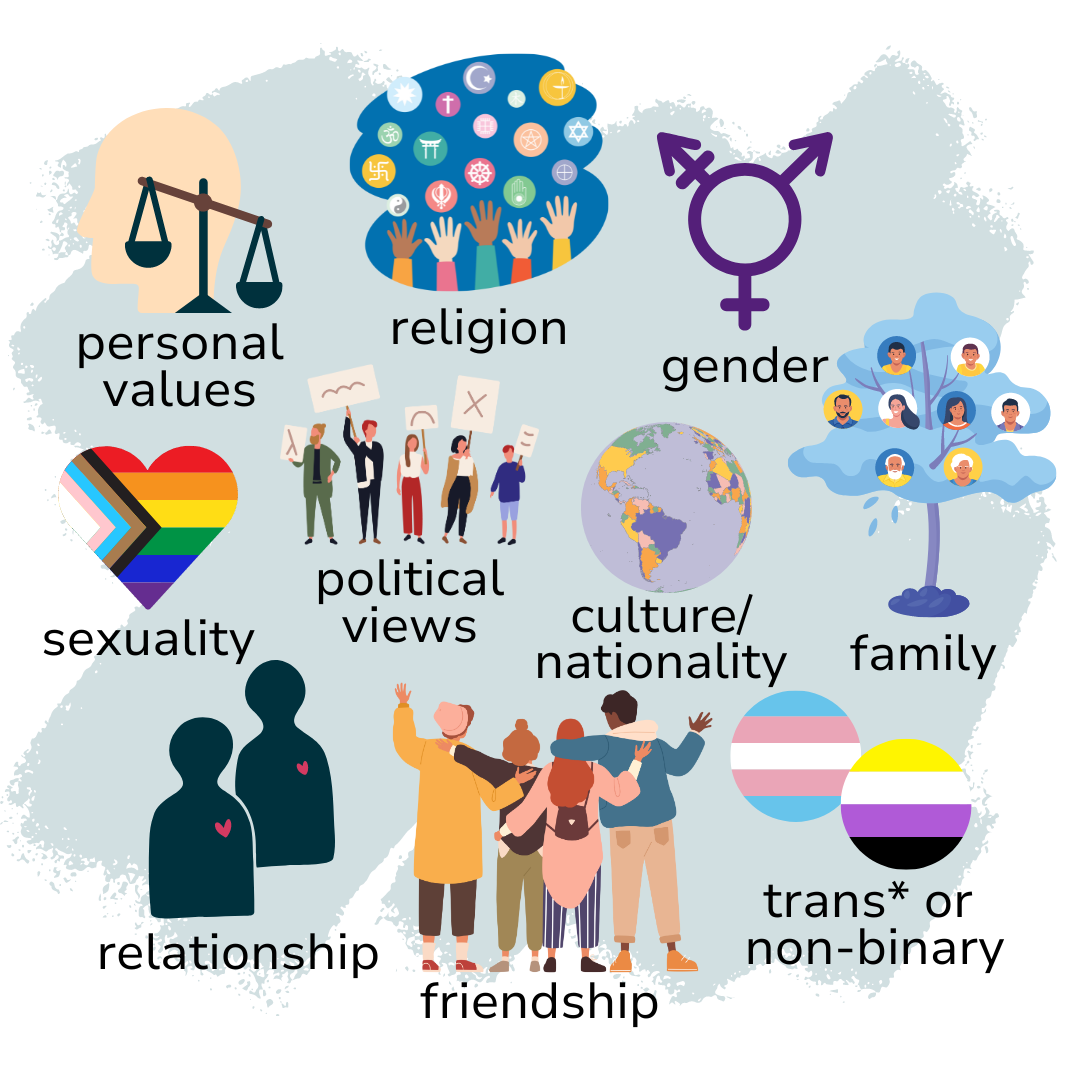
A friendship can be part of your identity. You could for example say “I am XY’s best friend”. It may also be part of your identity that you have a lot or not so many friendships.
People often have a specific role in friendships. In a group, there may be one person who often organizes activities or one person who mostly looks after the others.
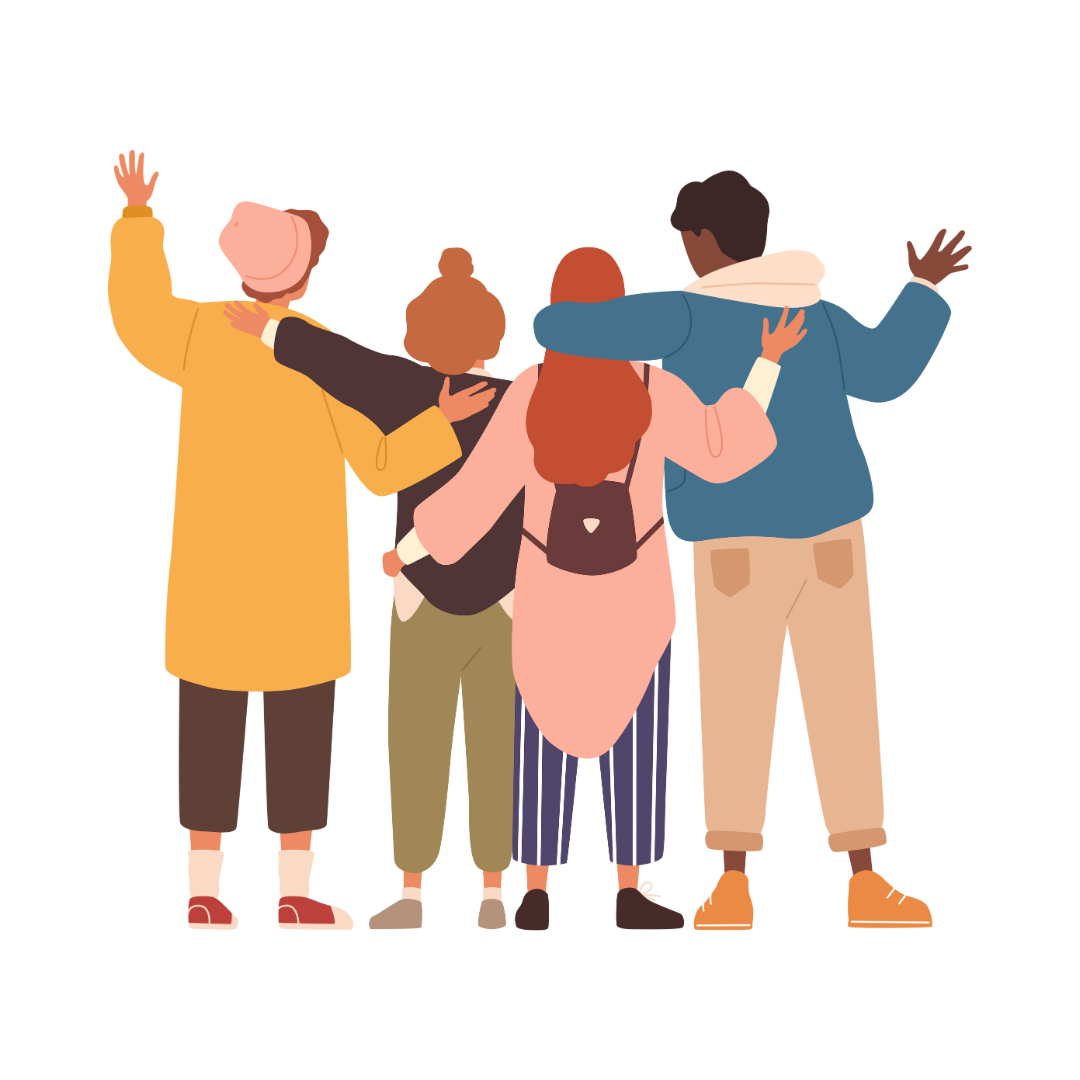
Your family are usually the people who have known you the longest (but not necessarily the best). Your name already tells which family you belong to – so you carry this part of your identity around with you every day.
Just like in friendships, you probably also have a certain role in the family. This can be the youngest, middle, oldest or only child, for example. But there are also roles such as the classic “black sheep”, “clown”, “the little one”, “slob”.
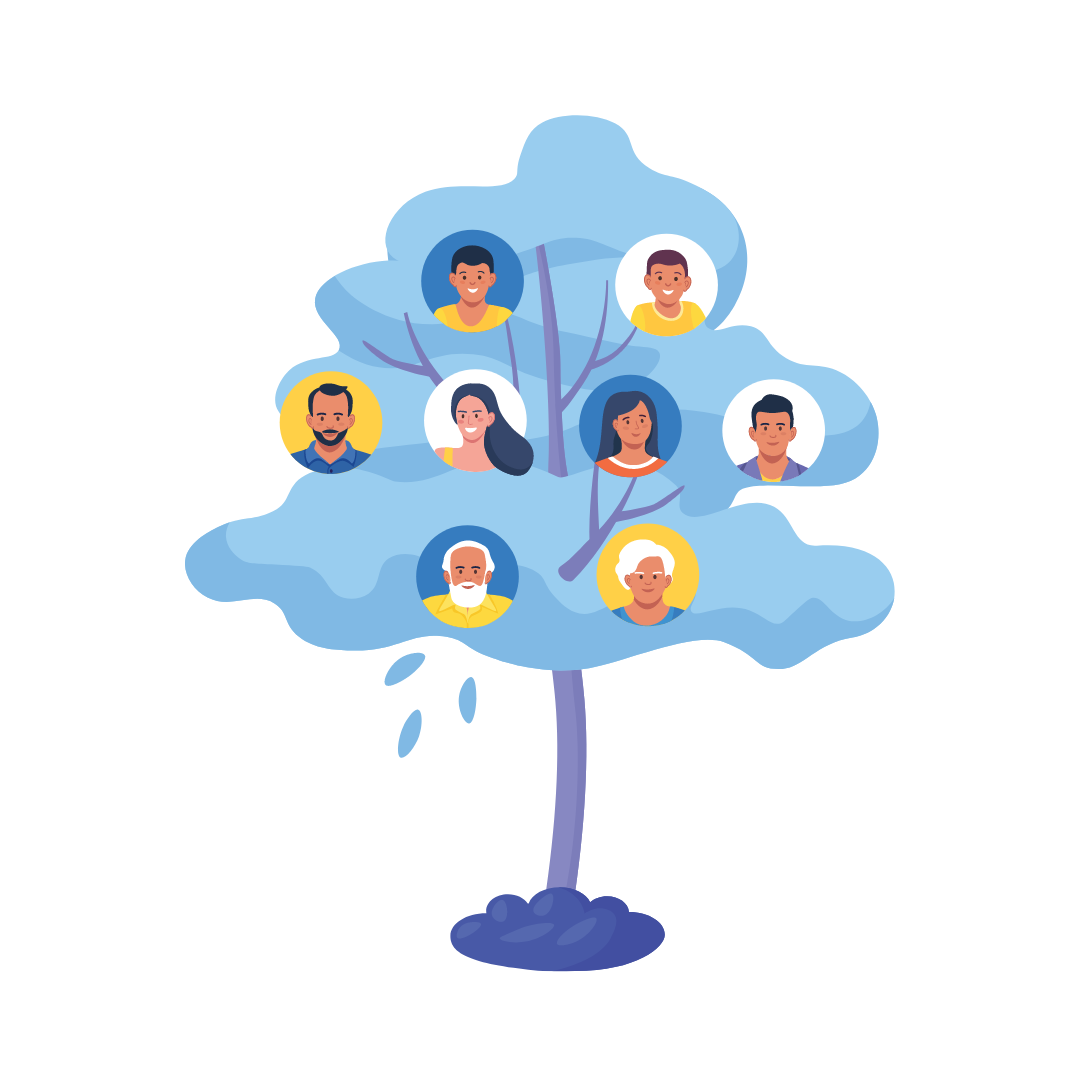
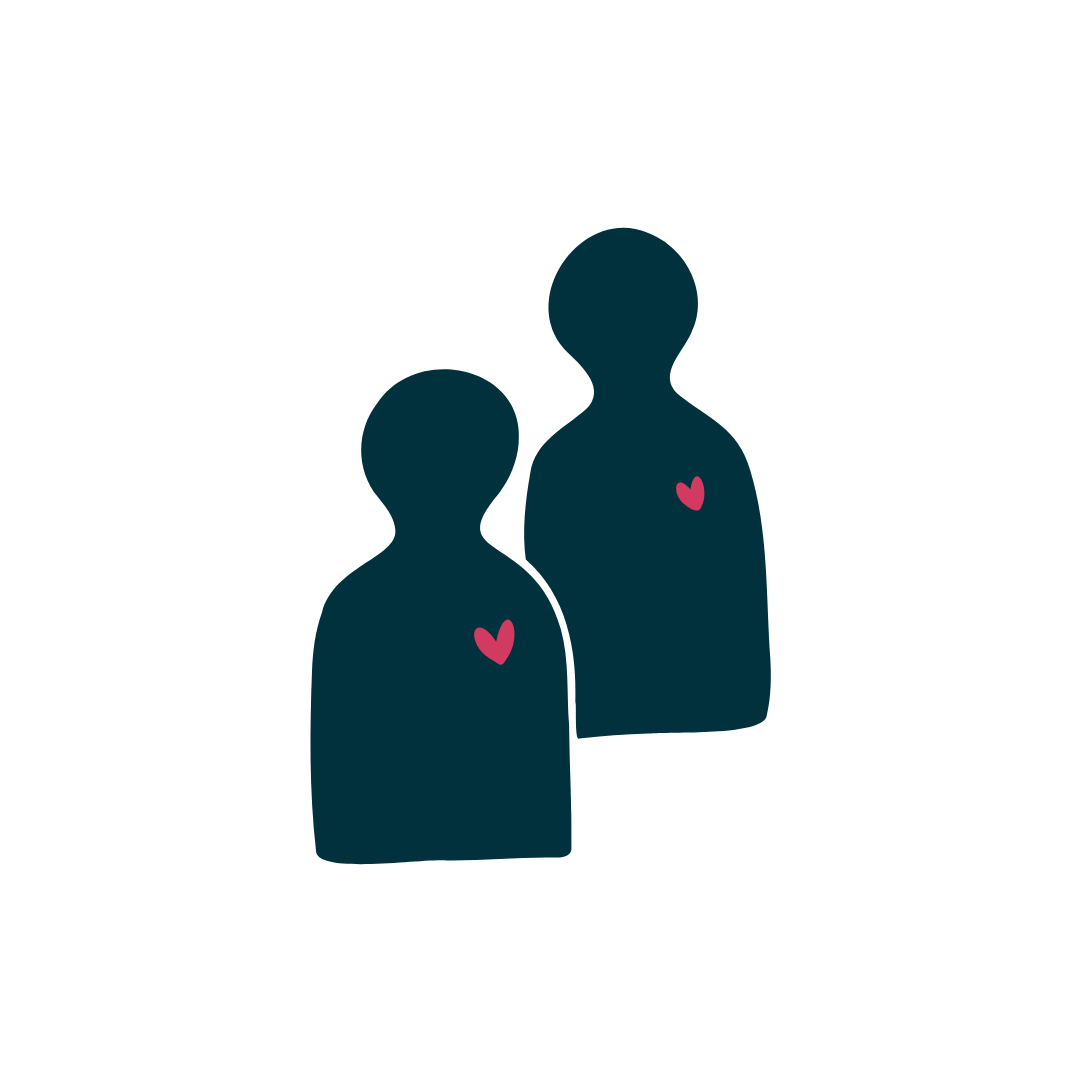
People often try to “categorize” a new person at first: boy or girl, man or woman? That’s why it’s understandable that one’s own gender (for example female, male or non-binary) is often an important part of identity.
Gender includes some “typical” characteristics that are attributed to men and women – for example, something like “women are more social” or “men are stronger”. These clichés are far too general and do not apply to all women or men. Nevertheless, they still play a role in everyday life.
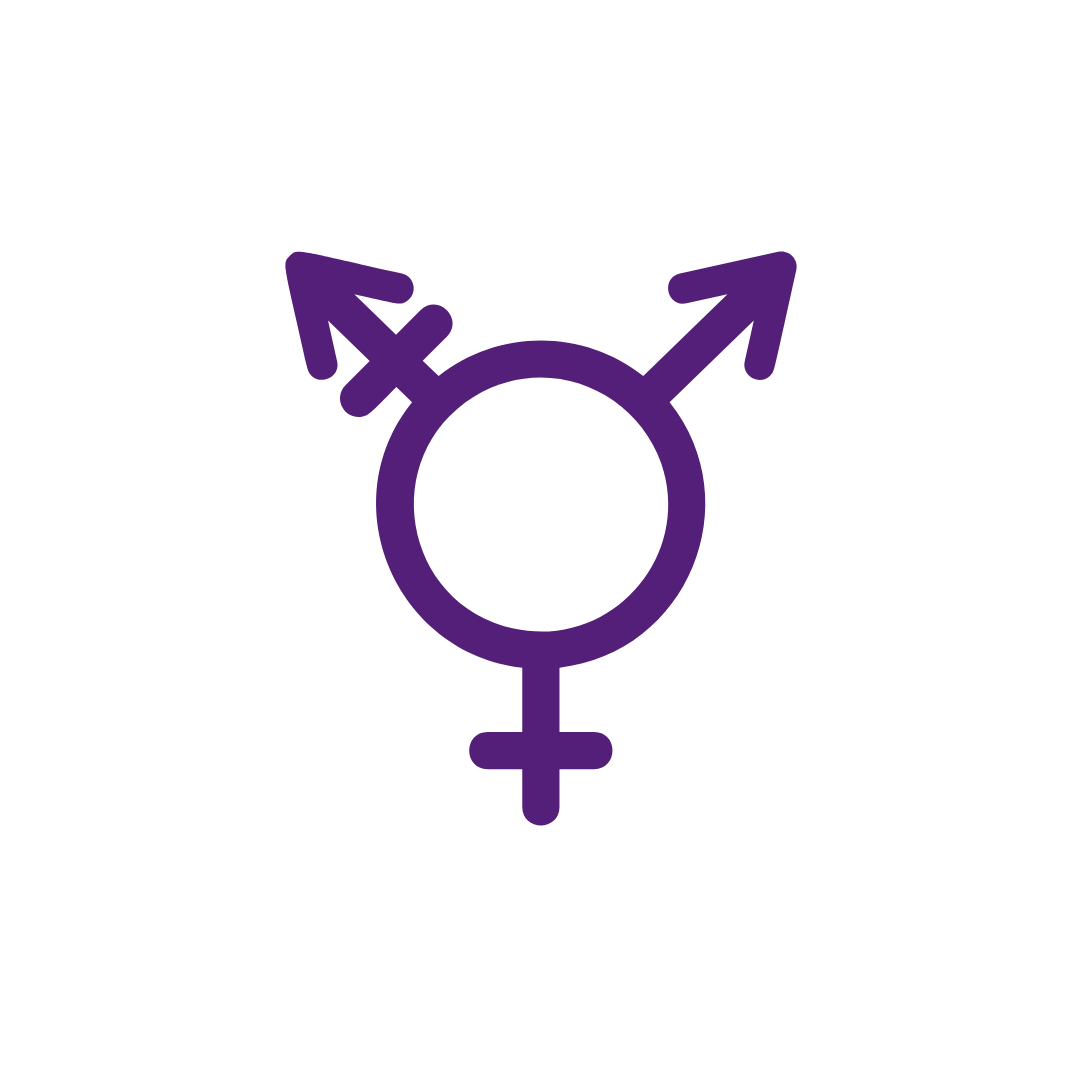
Being Trans* or non-binary
Trans* people do not identify with the gender they were assigned at birth. A trans man, for example, would be a person who was assigned “female” at birth but feels male. There are also people who feel neither fully female nor fully male ("non-binary").
If you are unsure about your own gender, try to take your time. You don’t have to decide on a label at all, and you don’t have to talk to anyone about it if you don’t want to.
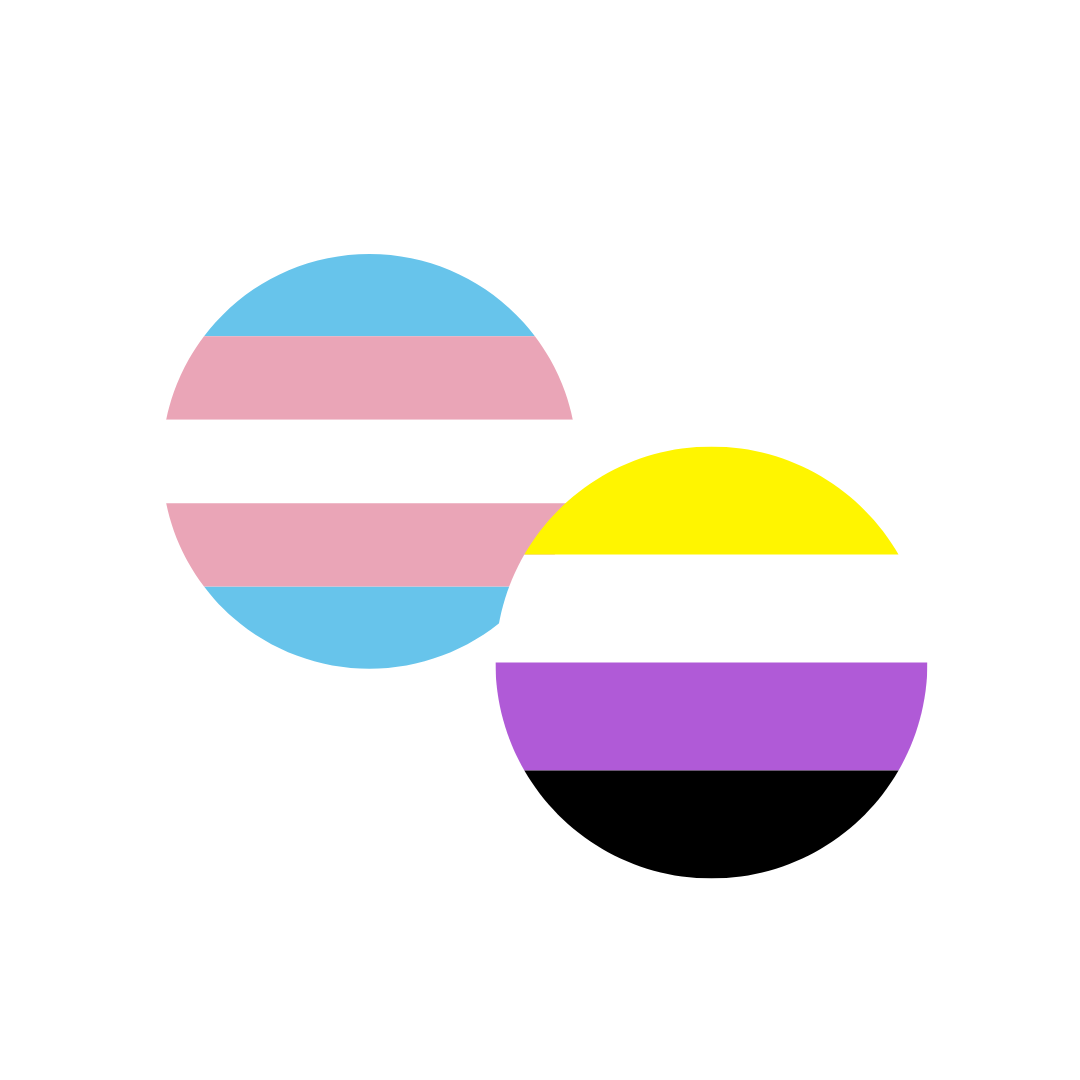
Sexuality
If and who you want to date and what you find attractive is an important issue for many people.
According to a survey, 68% of young people (Gen Z) identify as heterosexual and 18% as non-heterosexual (e.g. homosexual, bisexual, pansexual or asexual). The rest did not specify or did not know.
The same applies here as with gender: If you are unsure about your own sexuality, try to take your time. You don’t have to decide on a label at all, and you don’t have to talk to anyone about it if you don’t want to.
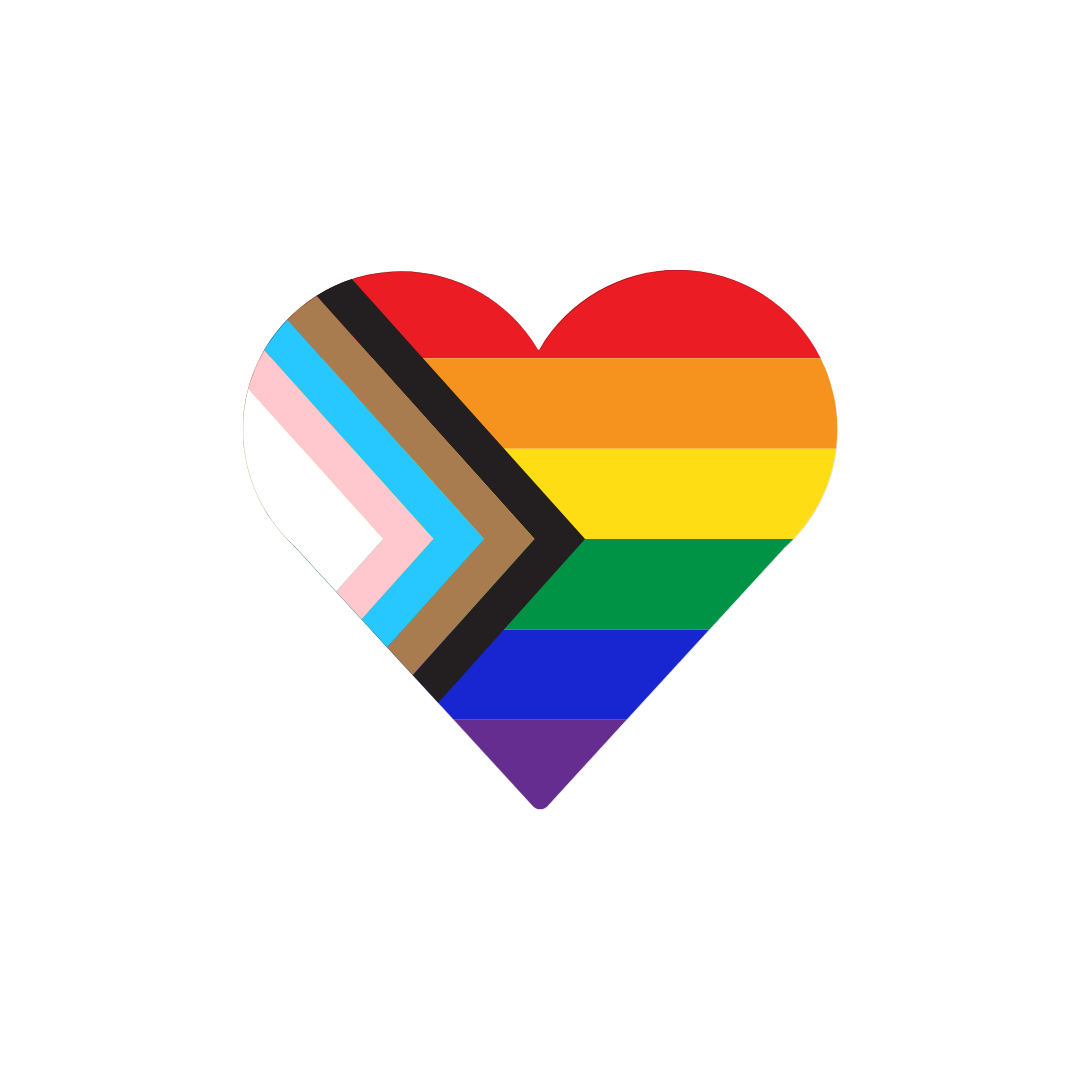
”Personal values” means the things that are important to you in life. You can decide for yourself which values are particularly important to you – while some probably don’t matter to you at all.
Examples for values are being honst, taking care of my family, being successful, practicing spirituality, helping others or living sustainably.
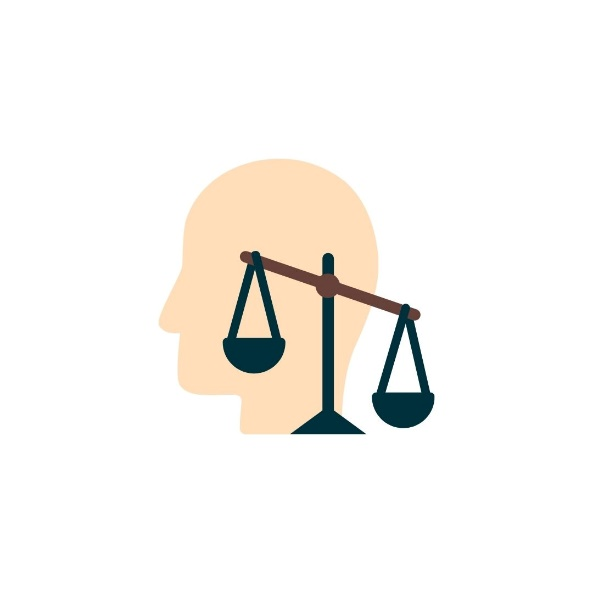
For many people, religion is important enough that they wear religious symbols. They make themselves recognizable – a cross pendant or a hijab, for example. If religion is important to you, maybe you pray regularly or go to church services / other events.
You can experience a lot of belonging and support in religious communities. Faith gives many people support, stability and confidence.
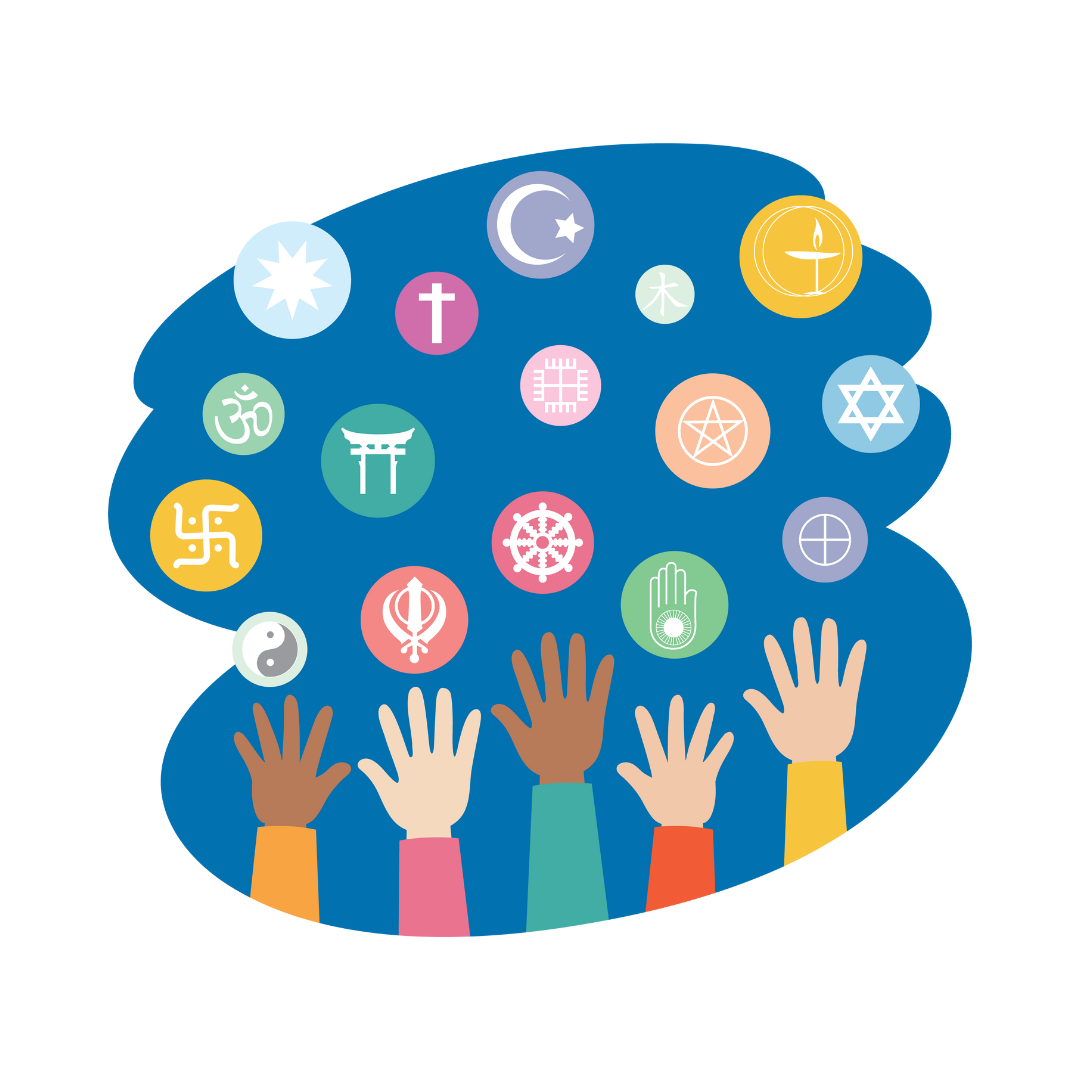
When it comes to your political attitude, the first question is whether you are interested and/or engaged in politics at all. Then, of course, you can describe yourself as politically "left" or "right", conservative or liberal.
Perhaps there are also individual political issues that are particularly important to you - climate change, for example, school and education policy, digitalization? For the Fridays For Future activists, their political attitude probably is a rather important part of their identity.
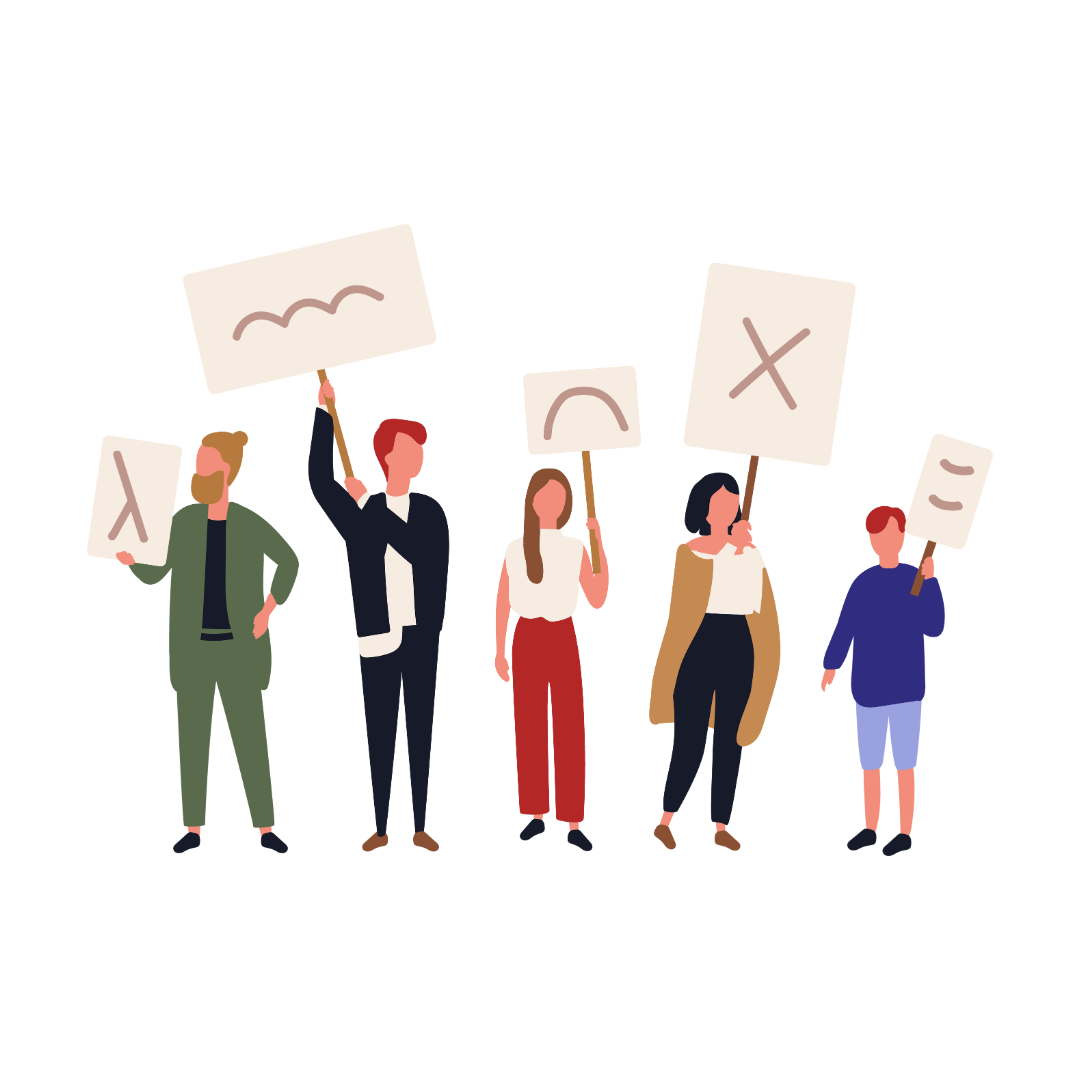
Your culture or nationality can be very important. It’s about a sense of belonging – which group am I a part of? What defines this group, what are the rules? What language do we speak? What traditions do we have, which typical food, music…?
Obviously, you can identify with multiple groups (e.g. neighborhood, country you live in , country you were born, your parents’ culture,…).
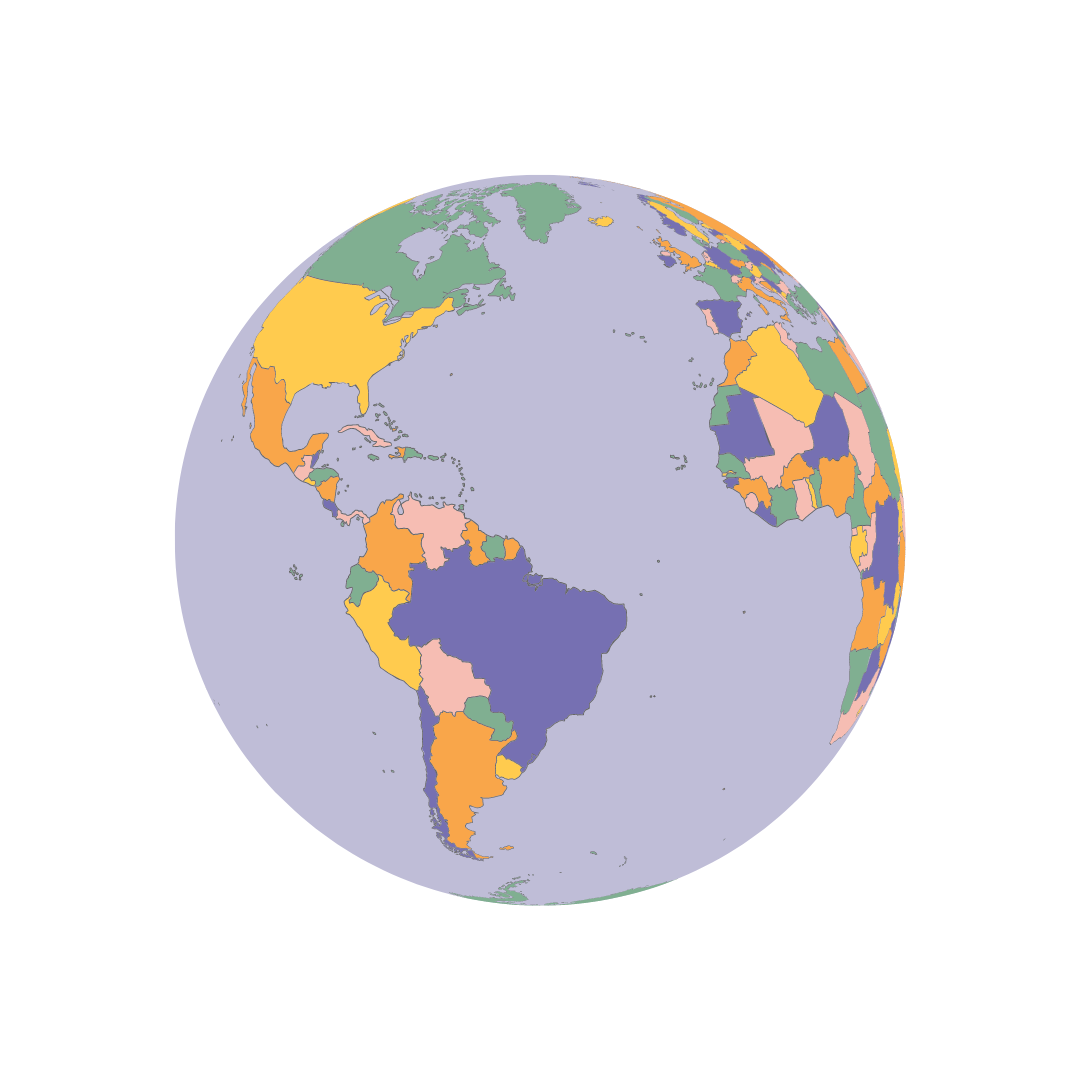
Finding your identity
Young people in particular experience a lot of changes in their lives: they change schools or move to a new place, get siblings, meet new people, perhaps have their firstrelationship…
Of course, this influences your identity a lot.

Many young people have the feeling that they have to decide “now” who they want to be and what career they want to pursue, and then stick with it forever and this can be overwhelming! That it’s not true – you can always change your mind if you want to and don’t have to stick something forever.
Identity is a complex topic, there are many different areas that influence who you are, what you like and dislike, how you decide,…
Don’t worry - this can change over time and that’s totally fine